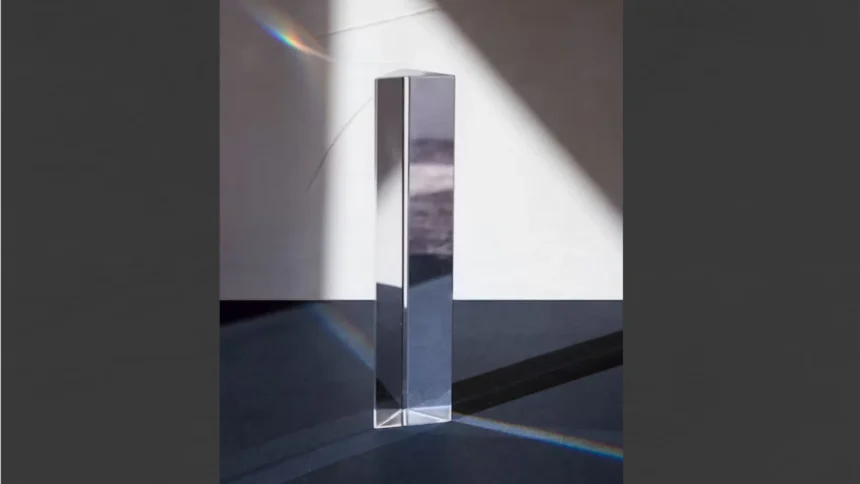The invention of plastics has had quite an impact on the world and how we live today.
In addition, the person who created acrylic mirror sheet made plastics, especially acrylics, even more useful in a lot of different ways.
Origins of Mirrors
Humans can be a vain species and we have desired to see reflections of ourselves for eons. Before solid mirrors were invented, we likely looked at ourselves in still pools of water, a la Greek god Narcissus, famous for his incessant staring at himself and being in love with his own reflection. Then came highly polished metals, such as copper and gold, and polished volcanic glass, known as obsidian. And then came glass, which is basically formed from sand.
And glass mirrors? Well, they are simply glass coated with a thin layer of silver.
Origins of Acrylic
Acrylic mirror sheet is possible solely thanks to the development of the amazing plastic known as acrylic, which is the result of the polymerisation of methyl methacrylate to produce poly methyl methacrylate, or PMMA, or acrylic. This is believed to have been first done by German chemist, Wilhelm Fitig, in 1877. In 1933, another German Chemist, Otto Röhm, is credited with commercialising the process.
Origins of Acrylic Mirror Sheet
So who developed acrylic mirror sheet? Sorry to disappoint you, but it’s not actually widely known.
However, we can tell you that its history is much shorter than glass or acrylic, dating back to the 1960s or 1970’s. It’s formed by applying a thin coating of metal onto acrylic sheet.
We can also tell you that acrylic mirror sheet is an amazing product with a slew of uses that keep growing each year. Acrylic mirror is now used as an alternative to glass mirrors due to its different properties. Acrylic mirror sheet is much lighter than glass mirrors. Acrylic mirror is much tougher than glass mirrors. And acrylic mirror sheet is much safer than glass mirrors.
Acrylic mirror sheet can be used for anything from very small items of costume jewellery, to retail displays, to whole walls of what looks like glass mirror, but is much safer – ideal for gyms, dance studios, and public areas where glass mirrors may pose a risk to people’s safety and lead to lawsuits should anyone become injured.
Head to Plastic Warehouse’s blog to learn about more things acrylic mirror sheet, acrylic and plastics in general.



